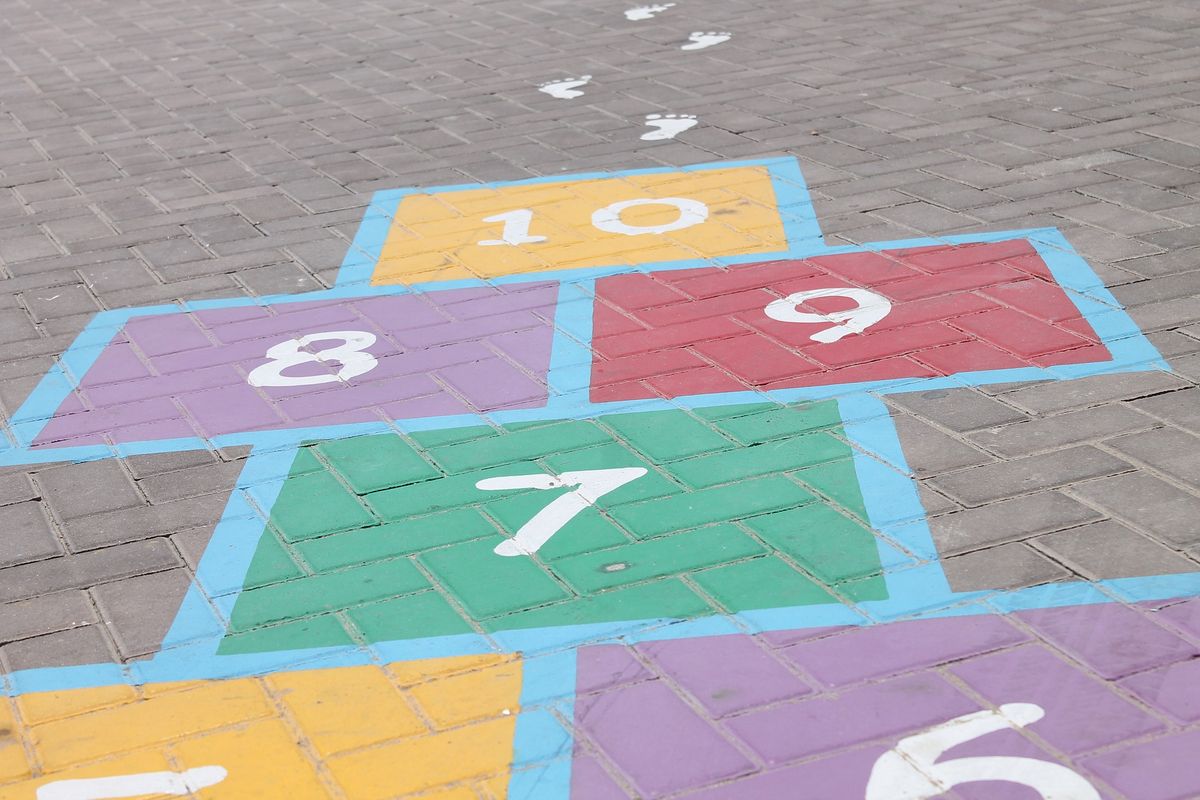PT Crab #28 Blue Crab Edition - Hop Tests Don’t Work, Sorry! And How to Treat Concussion

This week, we got hops and brain injuries, so that’s something. We’ve also got a stats update down below and an exhortation to attend CSM, it’s really great! (And no one’s paying me to say that). In fact, since this year’s CSM is virtual, maybe you could split the cost with a couple of friends and they can all watch the lectures together. You won’t get the Contact Hours (which always sound creepy to me anyway) but you will get the info. Just a thought there.
Also, are you in Pedes or In-patient/Acute, King Crab may be for you. We’ve featured one of each of those articles there in the last two weeks and average two of each over there per month. Subscribe at PTCrab.org/Subscribe to get those details and support the Crab. We need our paying subscribers to pay to get this to you. The internet is (sadly) not free.
With that, let’s dive in!
Hop Testing in ACLR is Not Predictive. Sorry!
The Gist - You got hops? That’s great! Unfortunately, they won’t really help you figure out when to return to sport after ACLR. Sorry! Researchers in this systematic review looked through 21 studies with 4476 patients to see if any type of Hop Test had predictive value for post-ACLR return to sport, knee reinjury, and future arthritis and found its ability limited. Specifically, the researchers say that 10 studies showed variable association between Hop tests and return to sport, 2 studies showed no association between Hop testing and knee reinjury, and 2 studies found no association between Hop test results and arthritis 23 years later. Ouch.
I’ll leave you with the researchers words, straight from their conclusion:
Evidence from studies of moderate to high methodologic quality suggests that hop testing possesses fair strength of association with subjective report of knee function and a patient’s ability to RTS after ACLR. Insufficient evidence is available to confidently determine the strength of association between hop testing and PTOA (post-traumatic osteoarthritis) as well as hop testing and knee reinjury. Predictive validity cannot be established based on available literature
Remember “fair” isn’t good. It’s one step above poor. Not nothing, but not great.
What does work? Isokinetic strength testing and landing kinematics. Unfortunately, those aren’t easy to quantify in a standard clinic, so we’re still waiting for a good outpatient test.
Tell Me More - This study is a goldmine of data about ACLR rehabilitation and I highly recommend digging into it.
For the studies they actually looked at, 16/21 were rated as high quality, 4 were moderate and only 1 was low based on Downs and Black scores, so they had great data to work with. That data gave them extremely variable Pearson correlation coefficients between subjective knee ratings (like the IKDC and KOOS) and Hop test results. These ranged from r = 0.2 (weak correlation) to r = 0.6 (moderate correlation). For future reinjury, the strongest Hazard Ratio they reported based on Hop test results was 0.97, indicating that people with positive results in the 6m timed hop had a 3% lower chance of reinjury than those with poor results in that test. I think we can agree that that’s quite an insignificant piece of data.
Other nuggets inside include the assertion that Hop testing performance may not be reflective of a patient’s perception of their knee function, there’s only a fair to moderate association between Hop testing performance and self-selected return to sport, and that we don’t actually know the specific construct that hop tests measure. It’s theorized to be dynamic knee stability, but doesn’t appear to be sensitive to that, especially in adolescent patients who “alter their hop test performance in order to meet passing LSI scores.” Wow.
The researchers are careful to note that this doesn’t mean you should throw it out, but you shouldn’t rely on it exclusively nor should you expect it to be predictive. Hop testing is useful, but in a very particular way.
You got dat paper? I doth indeed. I requested a copy on ResearchGate, here’s hoping it shows up soon.
CPGs for TBIs
The Gist - The APTA dropped new Clinical Practice Guidelines for PT Eval and Treatment after Concussion / Mild TBI and you should read them. Seriously. Okay, not the whole thing, but definitely the summary at the beginning. Then print it and refer to it. As a 2x TBI survivor (and thriver, now!) who was treated terribly by a PT in my first go-round and wonderfully by two PTs in my second, I know how important it is for ya’ll to be on top of this stuff first-hand. It’s literally life-changing. In my wife’s practice, she’s had three “surprise” concussion patients in the last year. They came in for neck pain secondary to traumatic injury and she diagnosed a concussion, then switched them to vestibular treatment and/or referred them out as necessary (she’s a vestibular therapist, which is super cool). I’m sure you’ve had patients like that too, wouldn’t you like to help them as best you can? Good. Then read the four pages of bullet point recommendations and help your patients.
Tell Me More - But wait, you didn’t tell me anything at all! Indeed. That’s because I can’t capture the gist of this in a few paragraphs. What I can do it paste in a couple of bits of the summary and then urge you to print it out and refer to the CPG whenever you need it. The summary is quite useful. Here’re some key points:
Physical therapists should screen patients who have experienced a concussive event for mental health, cognitive impairment, and other potential coinciding diagnoses and refer for additional evaluation and services as indicated.
Physical therapists should test for orthostatic hypoten- sion and autonomic dysfunction (eg, resting and postural tachycardia or fast rise in heart rate with positional changes) by evaluating heart rate and blood pressure in supine, sitting, and standing positions.
Physical therapists must educate patients who have experienced a concussive event and their families/caregivers about the various symptoms, impairments, and functional limitations that are associated with concussion, and stress that most patients with concussion recover relatively quickly. Providing this information can help avoid inadvertent reinforcement of poorer recovery expectations.
And there’s a bunch more. Read it, print it, refer to it as needed. Support patients with concussion, you can change their life.
I’m convinced! Stop harping on and give me the link. Yay! Here ya go. Open access too.
Sorry for being annoying, but that’s quite important to me. That’s all I’ve got this week, except for the promised Statistics update. I will be putting stats lessons in PT Crab, yay! But I’ll be putting it exclusively in King Crab (boo! I know). But PT Crab already takes up a lot of time and energy and stats lessons just pile it on, so I can’t afford to give them away. Please consider becoming a supporter for $6/mo or $45/yr to get double the articles, biweekly stats lessons, and to help keep this service going for all.
Cheers,
Luke
